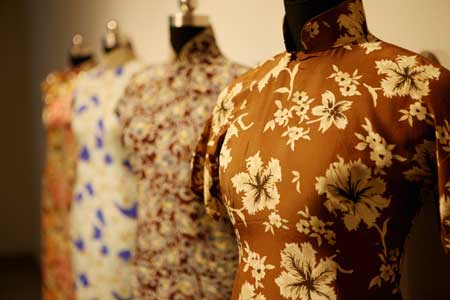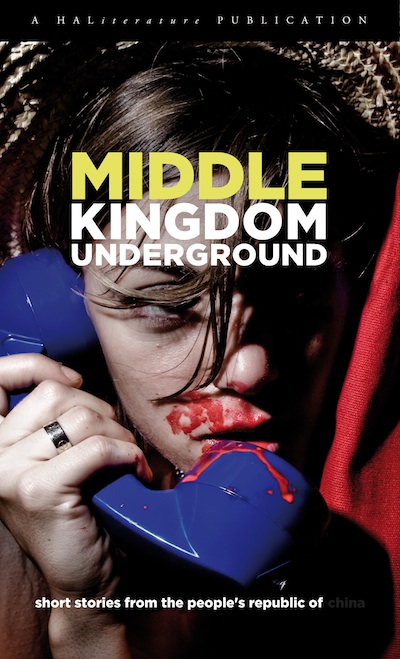Happy Birthday, Spring 2112
by Katrina Hamlin
It was her 123rd birthday party, a century after she’d first come to Shanghai.
They gave her a silver walking stick. They also promised to take her to the tailors to have another cheap qipao fitted, though they were all certain that she would never wear it out of the house.
Some of the neighbours came to pay their respects. She thanked them with bare, toneless niceties; then, flustered, she returned to the backroom.
“So rude,” her great-grandson complained to his mother. “Why does she do that?”
“You know, when they arrived, almost all of them were illiterate, and most of them couldn’t tingdong,” said his mother. “Sometimes it’s still a bit much for her.”
That was the first time he’d thought about her arrival. Suddenly, his great-grandmother’s life seemed like a bad fit.
After a hundred years, the qipaos were still only costumes; this wasn’t her real home.
***
Later that night, her friends came round. She came out from the backroom, gabbling in excited English.
They ganbei’ed large quantities of imported gin.
Someone had dusted off the second hand KTV machine. They put on an old track.
The bleepy electronic chorus was piercing. She tried to follow the words in wheezy shouts.
Her friends bopped in their armchairs. One of them tried to light an old-style cigarette with a birthday candle, but the American ayi stopped him, cussing in fluent, unselfconscious English that made great-grandmother smile.
Her great-grandson tried some of their foreign liquor, and felt his cheeks redden, like hers, with a strange heat.
Her friends cheered and poured him another. She rattled her silver walking stick on the tiled floor, and beamed. “Jia you, dear.”
He emptied the glass. He felt more daring than usual.
He sat down next to his great-grandmother. He straightened his back, ready to speak as one adult to another. He was sure she could feel his new understanding in the certainty of his movements. He hoped she couldn’t see the pity, too.
He told her that he knew this wasn’t her home. He hoped that she didn’t miss the old country lao jia any more.
The party quietened. Her cheeks turned redder.
She hit him hard across the shins with her stick.
“This is my home.”
His mother took him to one side. “These first generation laowai are sensitive about that. What are you thinking? On her birthday!”
His great-grandmother settled back into the cushions, and watched them with narrowed eyes and ferocious scowl. Then someone put another gin in her hand, and the party went on.
***
The next day, as he brought her midday rice and warm milk to the table, he apologised. She pursed her lips and made a show of manipulating the chopsticks with the dexterity of a century’s practice.
“The lao, laowai,” she mumbled between mouthfulls, “were the first waiguoren to belong here.”
“Yes, great-grandmother.”
“We were.”
“I know,” he said, without real conviction.
Her hand shook with contained rage, or perhaps age. A few grains of rice fell on the table top.
He swept them into the palm of his hand without saying anything more.




This story is even better the second time I read it!